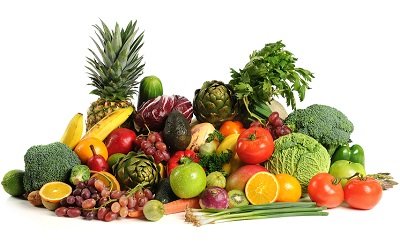Inside BENEO’s new pulse plant: pioneering sustainable protein from faba beans
As per the World Bank Report titled ‘Nutrition in India’, India loses over $ 12 billion in Gross Domestic Product (GDP) due to vitamin and mineral deficiencies in Indian population. It also reports significant direct and indirect economic losses due to under-nutrition associated with direct productivity losses estimated at more than 10% of lifetime individual earnings and about 2-3% loss of GDP. Indirect losses are due to poor mental development and schooling, and increased costs of healthcare.
As per the comparison from second and third National Family health Survey conducted in 1998-99 and 2005-06 respectively, the prevalence of stunting among children under-three years of age has declined from 51-to 44.9%; however the prevalence of wasting among children under age three years has increased from 19.7% to 22.7%.
The Government has accorded high priority to the issue of malnutrition in the country and is implementing several schemes/programmes under different Ministries/Departments through State Governments/Union Territories Administrations, the details being as follows:
• Under multi-sectoral approach for accelerated action on the determinants of malnutrition in targeting nutrition in schemes/programmes of all the sectors. The schemes/programmes include the Integrated Child Development Services (ICDS), National Health Mission (NHM), Mid-Day Meal Scheme, Rajiv Gandhi Schemes for Empowerment of Adolescent Girls (RGSEAG) namely SABLA, Indira Gandhi MatritvaSahyogYojna (IGMSY) as direct targeted interventions. Besides, indirect Multi-sectoral interventions include Targeted Public Distribution System (TPDS), National Horticulture Mission, National Food Security Mission, Mahatma Gandhi National Rural Employment Guarantee Scheme (MGNREGS), Swachh Bharat Abhiyan, National Rural Drinking Water Programme etc. All these schemes address one or other aspect of nutrition.
• The specific interventions targeted towards the vulnerable groups include children below 6 years. The main schemes/programmes of Ministry of Women and Child Development which have a bearing on the nutritional status includes the Integrated Child Development Services (ICDS) Scheme which provides a package of six services namely supplementary nutrition, pre-school non-formal education, nutrition & health education, immunization, health check-up and referral services.
Under National Health Mission of Ministry of Health & Family Welfare, the remedial steps taken are as follows:
Promotion of appropriate infant and young child feeding practices that include early initiation of breastfeeding, exclusive breastfeeding till 6 months of age and appropriate complementary feeding after 6 months of age.
Management of malnutrition and common neonatal and childhood illnesses at community and facility level by training service providers in IMNCI (Integrated Management of Neonatal and Childhood Illnesses) training.
Treatment of children with severe acute malnutrition at special units called the Nutrition Rehabilitation Centres (NRCs), set up at public health facilities. Presently 875 such centres are functional all over the country.
Specific program to prevent and combat micronutrient deficiencies of Vitamin A and Iron & Folic Acid (IFA) in under-five children, children of 5 to 10 years of age, and adolescents.
Village Health and Nutrition Days and Mother and Child Protection Card are the joint initiative of the Ministries of Health & Family welfare and the Ministry of Woman and Child for addressing the nutrition concerns in children, pregnant women and lactating mothers.

